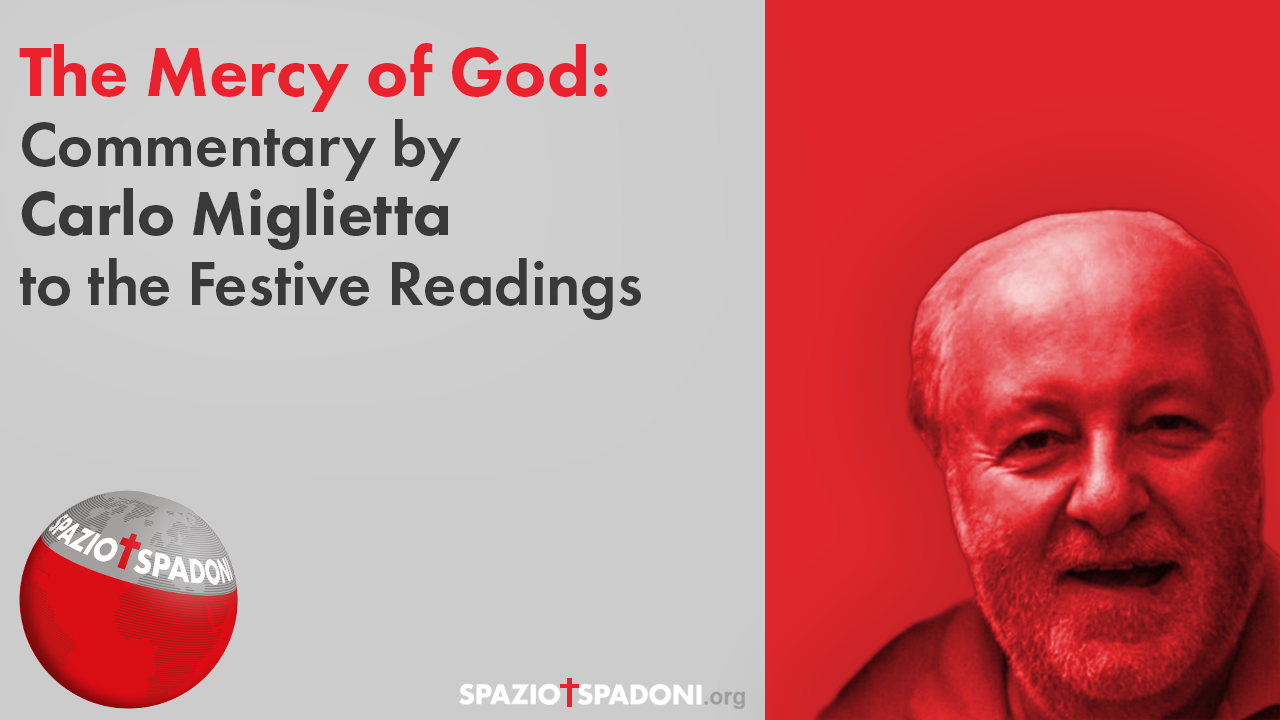
The Holy Trinity
Readings: Deut. 4:32-34,39-40; Rom. 8:14-17; Mt. 28:16-20
To some extent, when God had revealed in Genesis that it is the “adam” as a couple who is in his image and likeness (Gen. 1:26-27), he had already foreshadowed something about his most intimate reality, that is, about his being a communion of persons in the unity of nature. God had already foreshadowed in the nuptial icon his being Trinity. On this fundamental revelation, which Jesus makes explicit in the New Testament, we have too often failed to dwell sufficiently, impoverishing and sometimes distorting our life of faith. God is not a solitary God: he is community, indeed “the best community” (Boff).
We must move from the conception of a solitary God to that of one God, but in three persons in perpetual and mutual dialogue of love. Our God is not the isolated being of the philosophers: according to the revelation of Jesus Christ, as John Paul II said in Puebla, “God is family.” This realization is full of practical implications for us. For too many years the contemplation of a solitary God has often led us, in the political field, to totalitarianism: one alone commands, as God is the only Lord. In the religious field, it has often suggested to us forms of authoritarianism, which do not value dialogue, listening, collaboration, and common research, which do not sufficiently emphasize the communal dimension of faith, exaggerating instead the individual one. In the social field, it has often led us to paternalism: just as there is one Providence for all, so in the world we are limited to models of welfarism, which undervalue everyone’s participation, collaboration. In family life, this conception has often produced machismo, making us subordinate the woman to the man, to whom decisions and leadership are due.
At the beginning of everything, however, there is no solitude: there is communion, dialogue. We cannot think of the Father without the Son and the Holy Spirit. Between the three there is a marvelous and continuous dynamic of love: theologians speak, to express this mystery of communion, of “perichoresis,” which means, in a static sense, that each Person contains the others, indwells them, because each divine Person exists only in the others, with the others, from the others and for the others (circuminsession); in a dynamic sense, it means that each Person actively interpenetrates the others, in a continuous mutual gift and interchange (circumincession). But in the Trinity there is not only a mutual gift (missio ad intra), but love overflows outwardly, in the creation and salvation of the world (missio ad extra).
The contemplation of God as a mystery of communion of Love that expands over the universe and people lies at the root of our Christian life: called to be in the image and likeness of God, the individual believer, the family, and the Church must therefore model themselves on the Trinitarian mystery. The realization that the intimate nature of God is only Love must lead us to make our lives only dialogue, communion, gift, oblation, free service. Moreover, “the ultimate end of the whole divine economy is that all creatures enter into the perfect unity of the Blessed Trinity” (Catechism, no. 260).
But as of now we are indwelt by the Blessed Trinity, Father, Son (Jn. 14:23) and Holy Spirit (Jn. 14:16-17). The believer is therefore a temple of the Trinity!!! This must entail immense joy for us at all times, for God is no longer far from us but is truly the “God with us,” indeed the “God in us.” From this also flows the immense value of every person and the sacredness of every body (1 Cor. 6:15-20; 2 Cor. 6:14-18), the dwelling place of the Most High.
